Reimagining Independence: Why Some Black Americans Choose Not to Celebrate the 4th of July
What Should the Fourth of July Mean to the descendants of slaves?
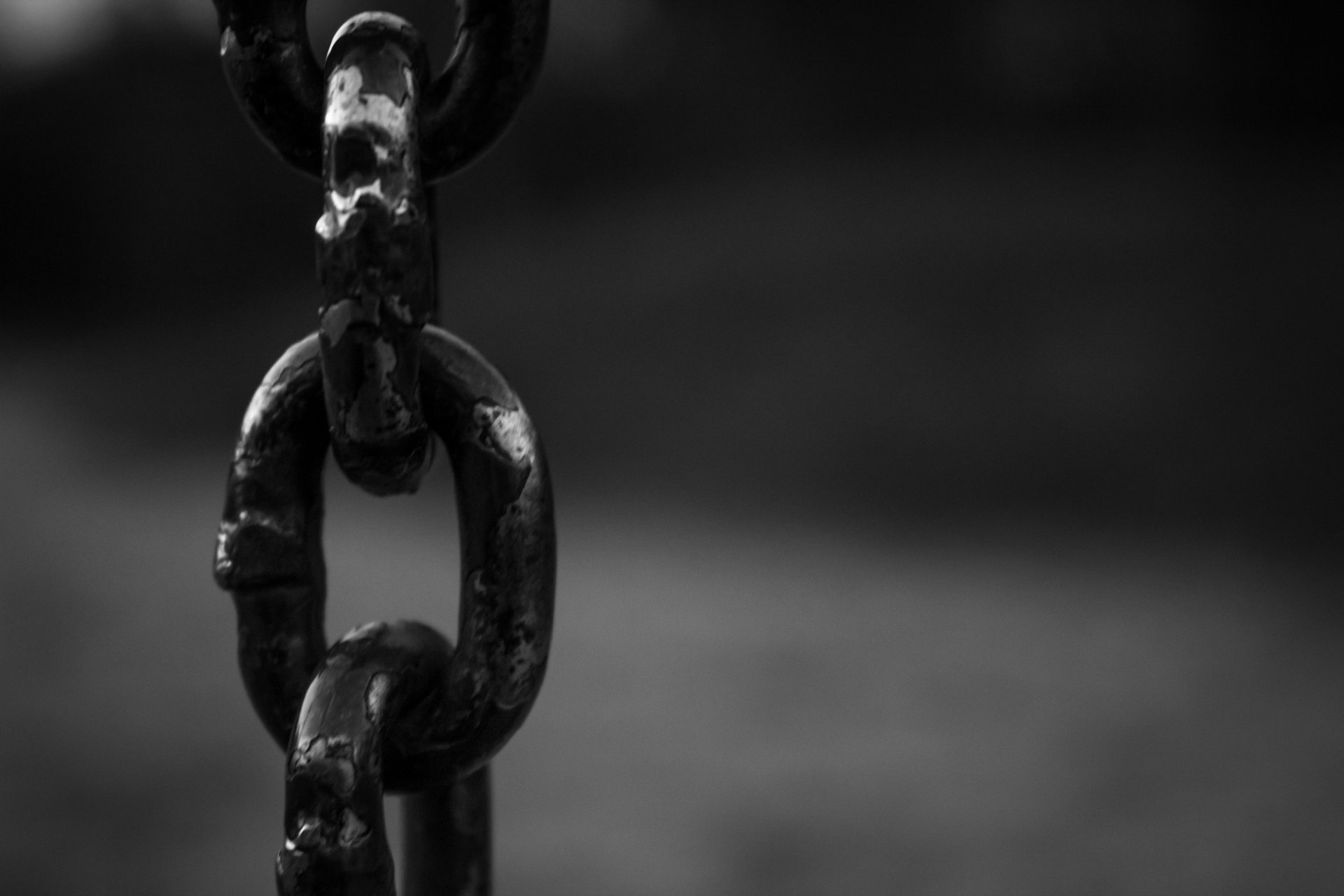
The 4th of July, a day synonymous with American patriotism and celebration, holds a different meaning for many Black Americans. As we reflect on the history of our nation, it becomes essential to acknowledge the complex relationship that exists between Black Americans and the 4th of July. In this blog post, we explore why some Black Americans choose not to celebrate this holiday, highlighting the historical context and ongoing struggles for equality and justice.
On July 4, 1776, the United States declared its independence from British rule, but this declaration of freedom did not extend to all. While celebrating independence, it is crucial to remember that millions of Black people were still held in bondage. Slavery persisted for nearly a century after the nation's founding, a painful reminder of the contradictions within the ideals of freedom and equality upon which America was built.
Black Americans have faced centuries of systemic oppression, racism, and discrimination. From the era of slavery to Jim Crow laws, segregation, and ongoing racial inequalities, the promise of equality and justice for all remains unfulfilled. The 4th of July, seen by some as a celebration of freedom and equality, can be a painful reminder of the persistent disparities and challenges faced by Black communities.
For some Black Americans, refraining from celebrating the 4th of July is a way to reclaim independence and celebrate on their own terms. It is an opportunity to honor the resilience, resistance, and contributions of Black ancestors who fought for liberation and continue to strive for equality. By shifting the focus to community, self-determination, and promoting social justice, alternative celebrations and gatherings are becoming avenues for meaningful reflection and progress.
Choosing not to celebrate the 4th of July can serve as a platform to amplify the voices and stories often marginalized in mainstream historical narratives. By highlighting lesser-known figures and events in Black history, we can shed light on the struggles, achievements, and contributions of Black Americans throughout the nation's history. This recontextualization provides an opportunity for critical reflection and a deeper understanding of the ongoing fight for justice.
Rather than solely engaging in celebratory activities, some Black Americans prioritize advocating for tangible change and dismantling systemic racism. They channel their energies into grassroots activism, community organizing, voter registration efforts, and other forms of social and political engagement. By focusing on the pursuit of justice, they actively contribute to shaping a more equitable society.
As we commemorate the 4th of July, it is crucial to acknowledge the complexities and varied perspectives surrounding this holiday. For some Black Americans, the decision not to celebrate is rooted in historical context, ongoing struggles for equality, and a desire to redefine independence on their own terms. By recognizing these perspectives and engaging in critical reflection, we can collectively work towards building a more inclusive and just society for all.


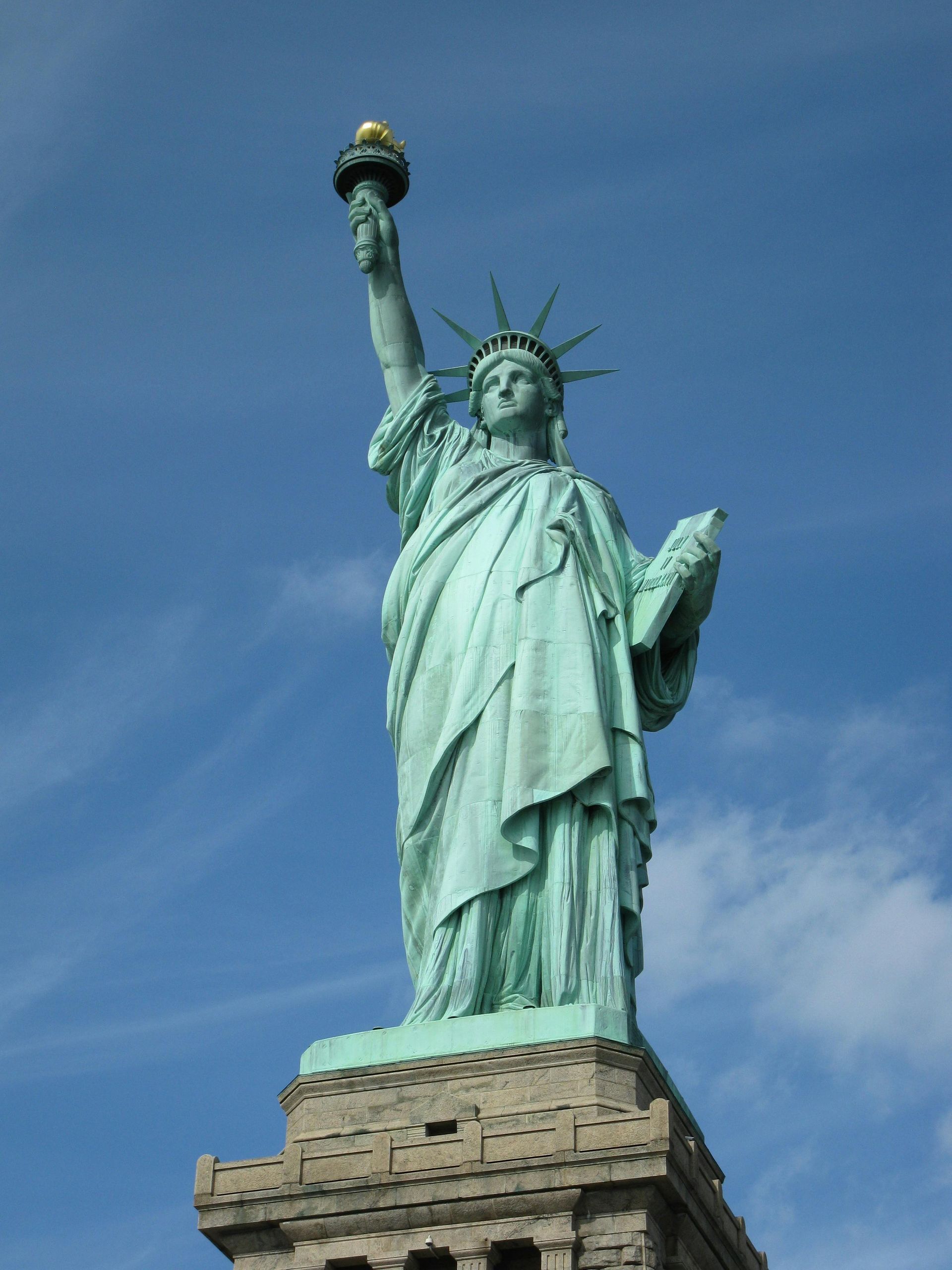

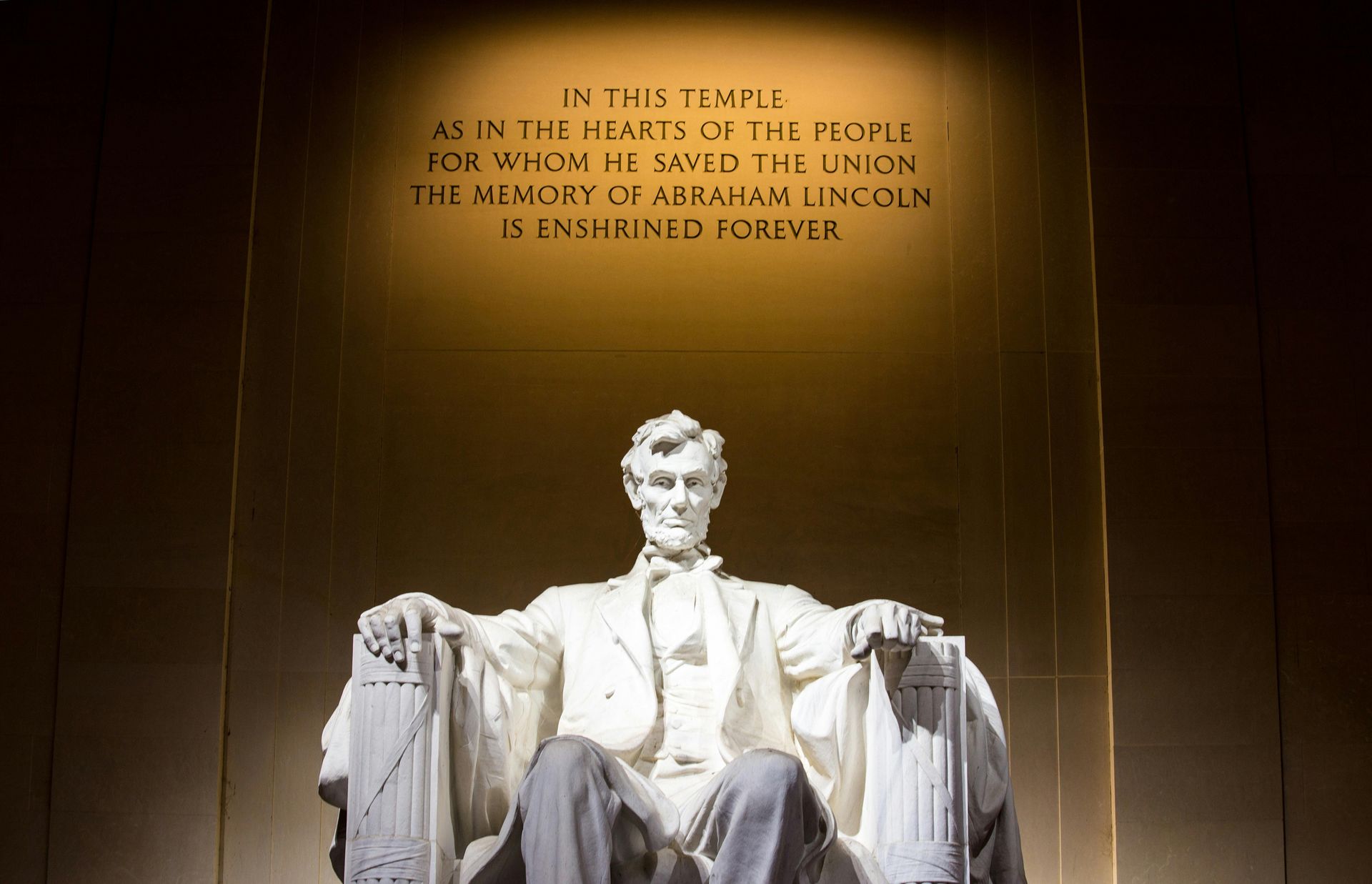
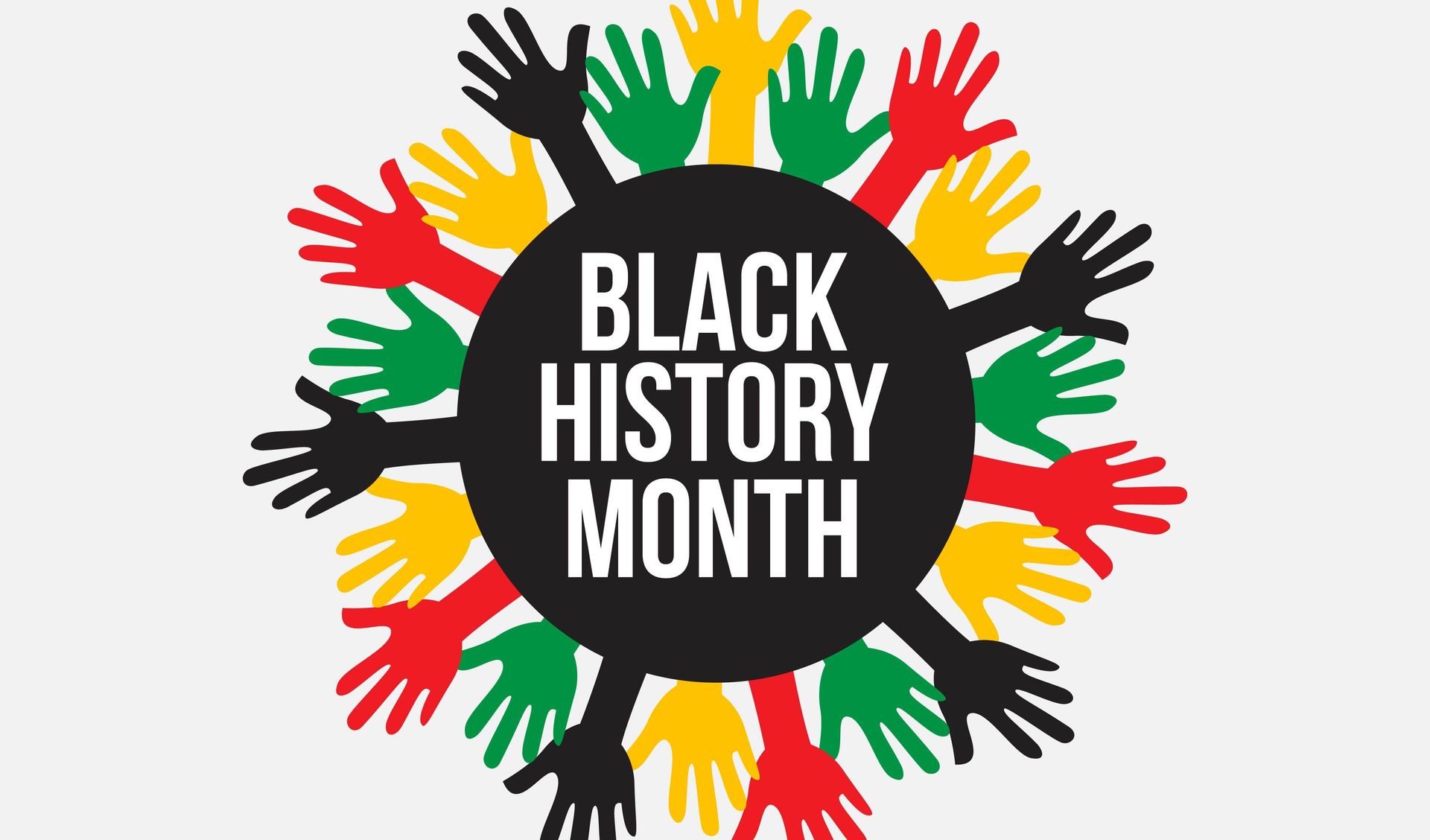
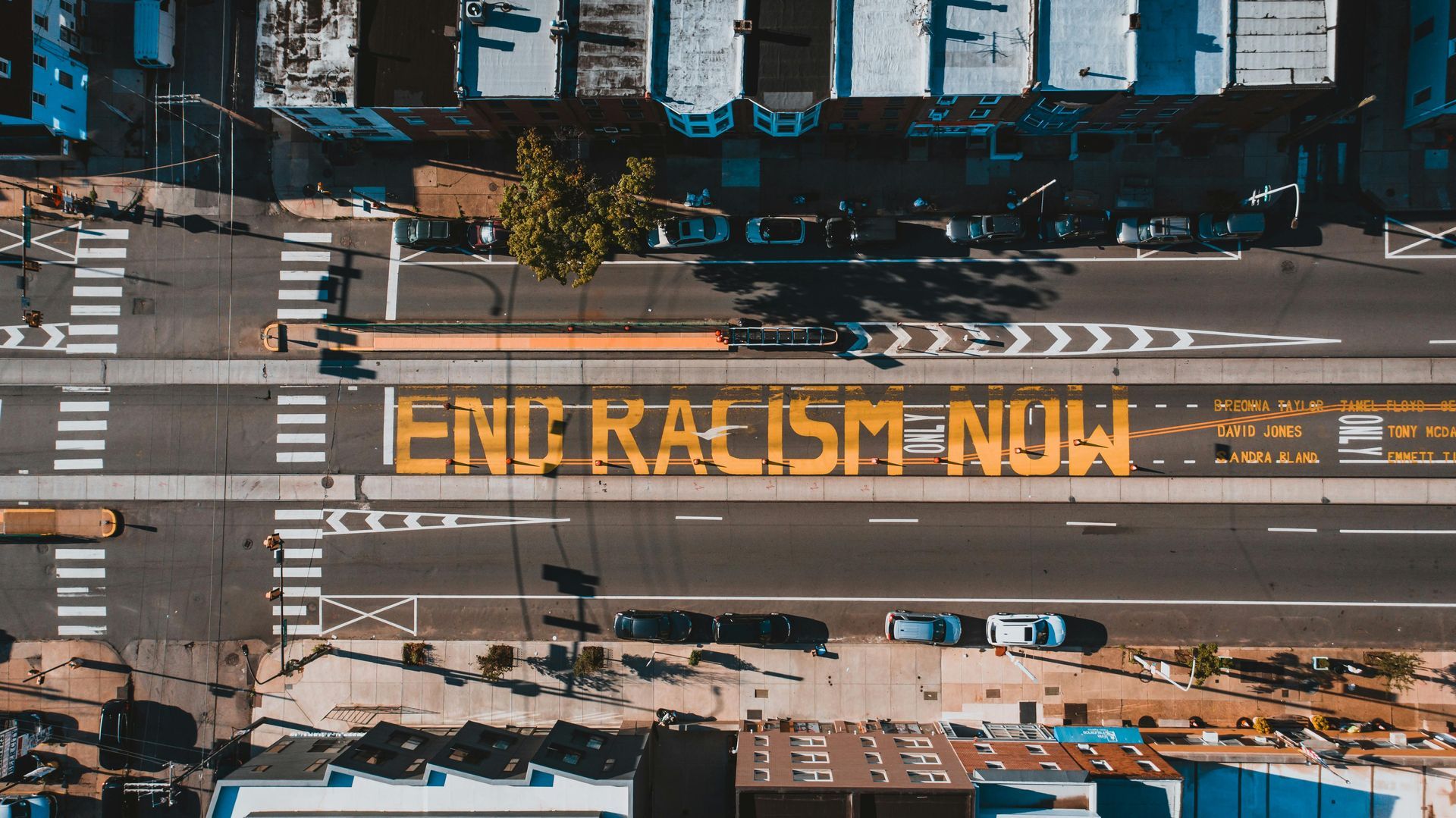
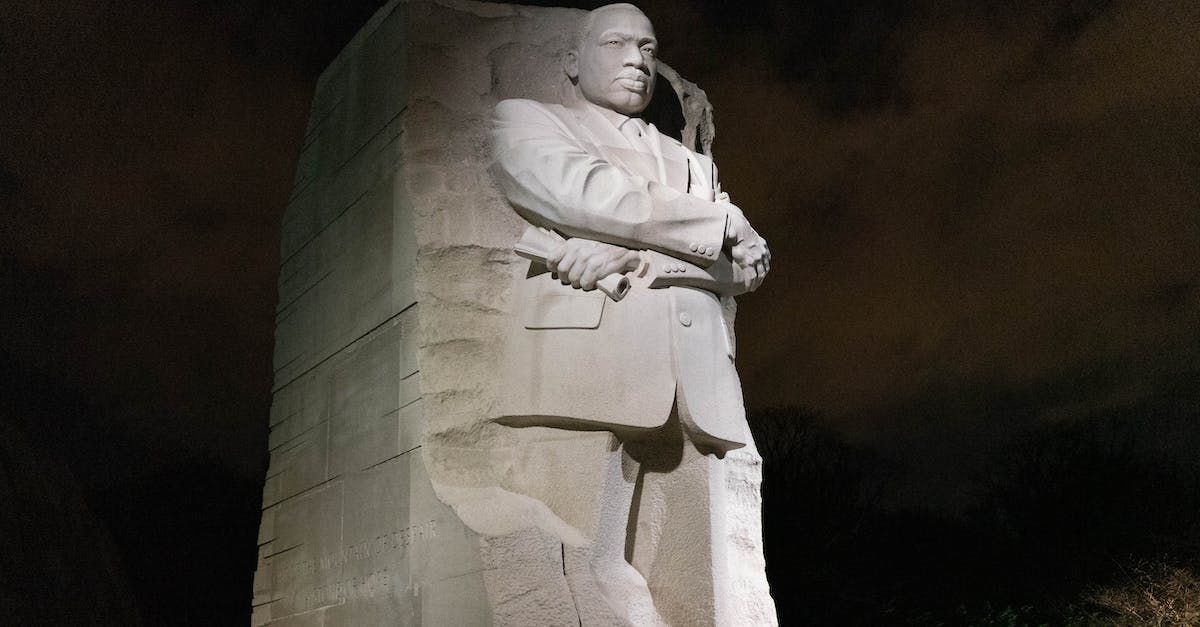

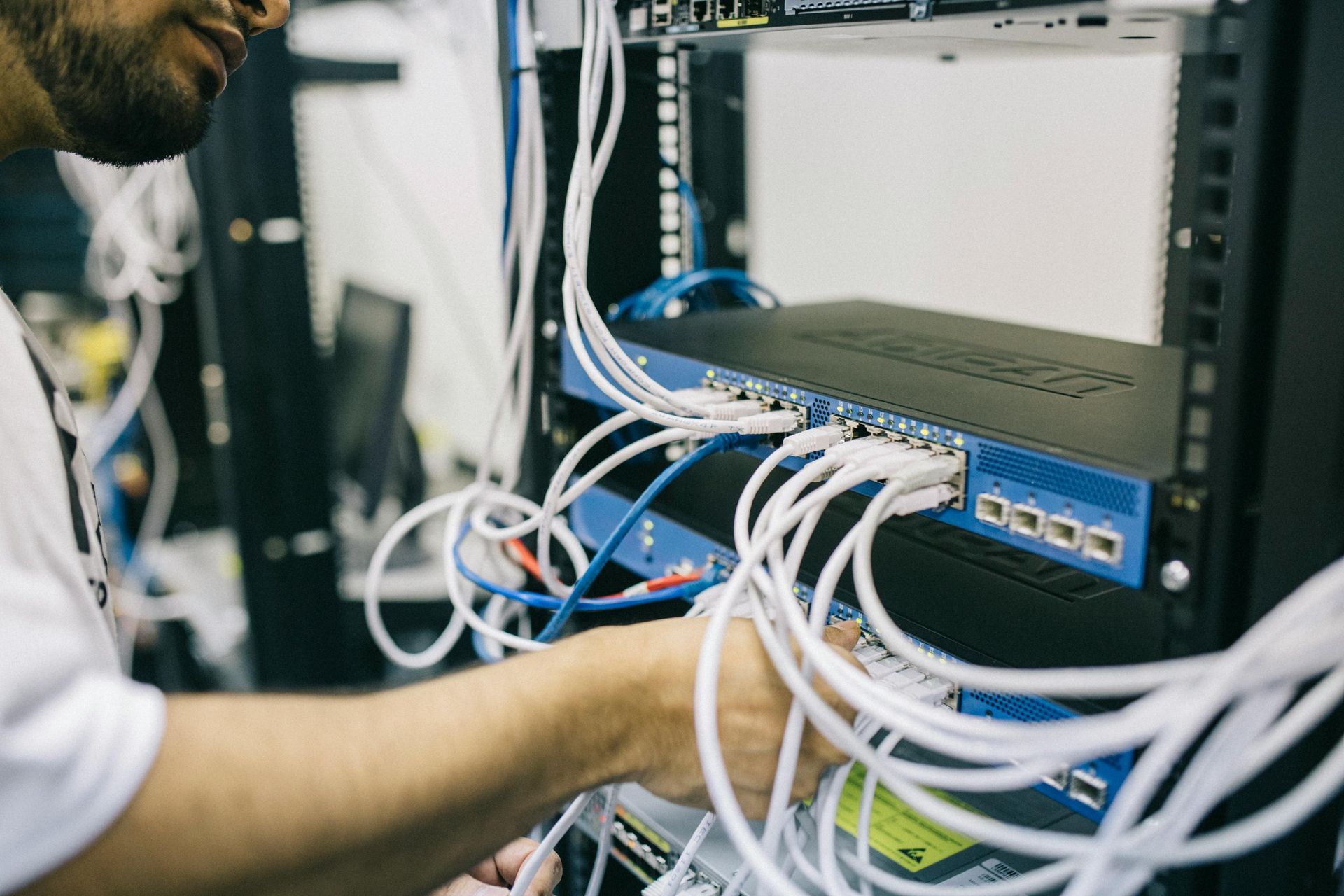
All Rights Reserved | Dr. Kai Dupé.
